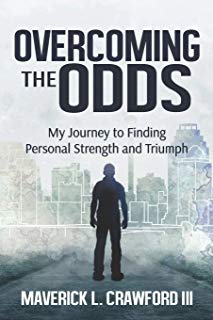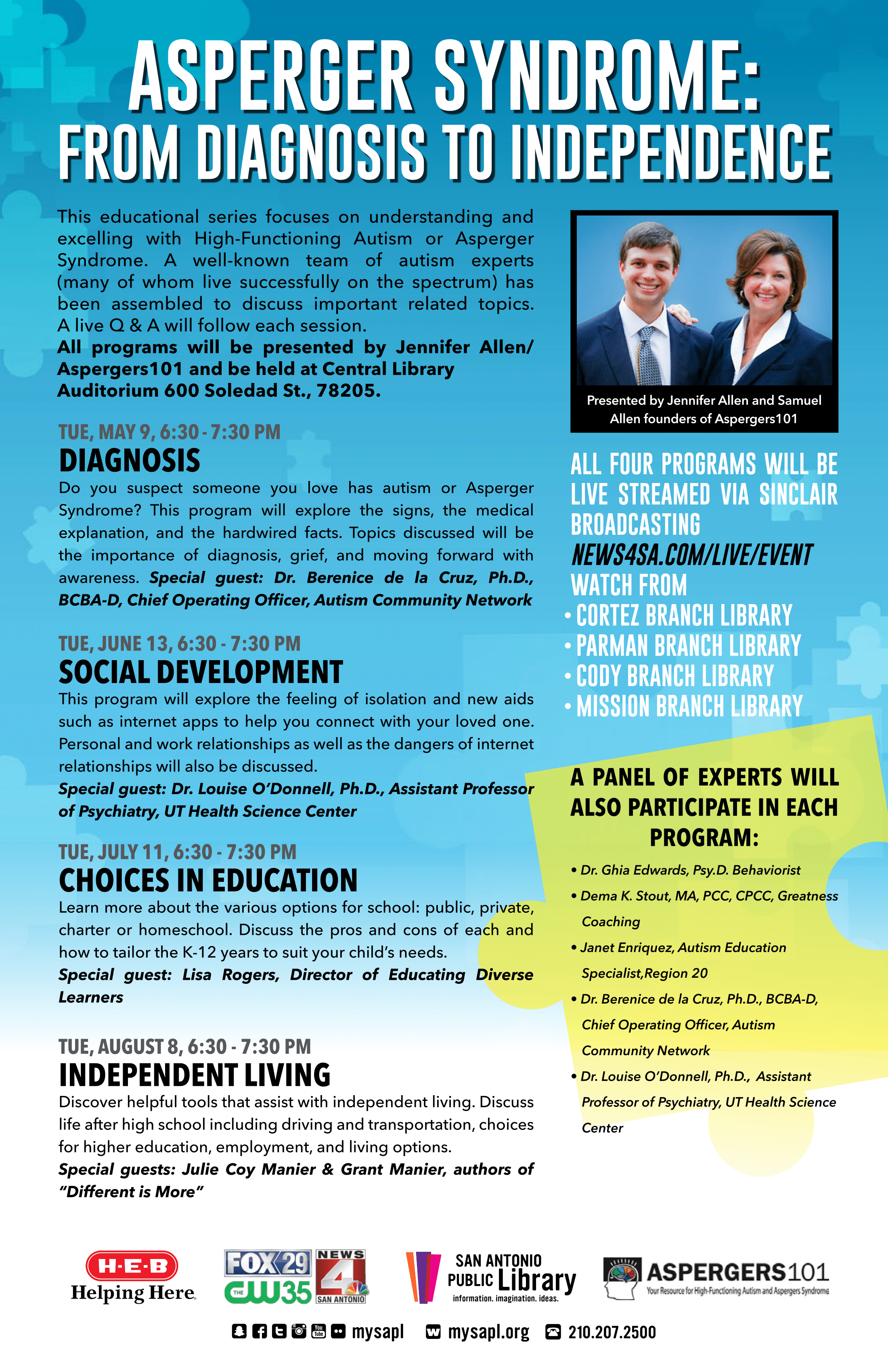A Letter to My Daughter: Having a Sibling with ASD
This blog by Jessica Nieminski is one that I love to re-post every so often. For most families, it’s reality…a child diagnosed with autism who deservingly requires special guidance and extra attention. However, what happens to the neurotypical sibling(s)? Oftentimes they grow up either an ambassador for those with disabilities or they are full of regret for the attention they did not receive. It’s an almost impossible balancing act for sure. A special homage to the siblings. -Jennifer Allen/Aspergers101
There are so many moments in life that are filled with such amazing joy, and there are those that cause worry in the back of your mind. The kind that keeps you up at night and causes a pain deeper than you knew pain could go. While both of my children are my world, this is a letter to my 4-year-old daughter about her life, and how having a sibling with ASD affects her:
Grace,
I see the look on your face when the day has stopped once again to tend to the same thing. The confusion I know you feel about the differences between yourself and your brother are very much real.Continue Reading
Jessica joins aspergers101 team of writers as a single mother of two extraordinary children who believes that all children deserve the love and acceptance that they give out. Follow Jessica in the Family section of aspergers101 and share in her personal stories as she will cry and laugh her way through life. Jessica blogs regularly on her site, My Extraordinary Child, a place where parenting is discussed, tears and sarcasm come to meet, and differences are celebrated. “Unless the world stops limiting opportunities for people of all abilities, I never will. Join me on a journey of tears, laughter, and courage”. -Jessica Nieminski
















